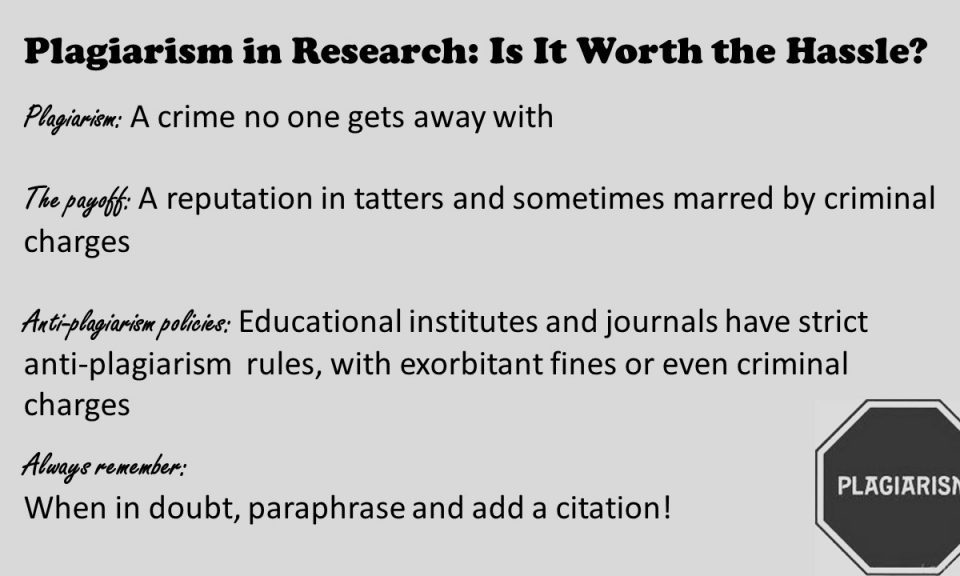- Get in Touch
- +91-9987594481
- cs@editingindia.com
TO ERR IS HUMAN, AND TO CORRECT ERRORS IS THE DUTY OF EVERY COPYEDITOR

10 REASONS FOR OUTSOURCING YOUR EDITING AND PROOFREADING PAPER.
September 27, 2020However, as a copyeditor, what makes me gnash my teeth is when I someone says, “My team HAS scored THEIR first goal,” or “The committee HAS passed THEIR new agenda.” Really? “Has they?” You cannot mix singular and plural forms like this.
This article briefly describes some of the most common mistakes observed in English writing.
Punctuation: CORRECT placement of punctuations saves lives!
- Let’s eat Grandpa. Vs. Let’s eat, Grandpa.
- I like cooking my family and my pets. Vs. I like cooking, my family, and my pets.
Homophones
- Incorrect usage of words can make you feel like dyeing (dying)!!
- Lock your car or loose it. Vs. Lock your car or lose it.
Apostrophe
- Smile, your on camera! Vs. Smile, you’re on camera.
Redundancy
- I never make predictions, particularly about the future. Vs. I never make predictions. [Predictions are always about the future.]
- He is my cousin brother. Vs. He is my cousin.
Usage: Be careful with the choice of words. A good writer doesn’t use words that may sound offensive and uses value-neutral words as far as possible.
- His house is farther than John’s. [It is the comparative form of “far”] Vs. He decided to go without any further delay. [Further refers to advancement to a greater degree.]
Dangling Participle
- Sitting on the park bench, the sun disappeared behind the clouds. Vs. Sitting on the park bench, I watched the sun disappear behind the clouds.
Quotes
- Oh, what a beautiful morning, Billy said to himself. Vs. “Oh, what a beautiful morning!,” Billy said to himself.
Parallelism
- Somya enjoys chocolates, walking under the moonlight, and 1930s jazz songs. Vs. Somya loves eating chocolate, taking moonlight walks, and singing classic jazz songs.
Modifiers
- She saw a puppy and a kitten on the way to the store. Vs. On the way to the store, she saw a puppy and a kitten.
Number
- There are different types of equipments here. Vs. There are different types of equipment here.
I admit that I make grammatical errors like everyone else and sometimes typos slip through. Therefore, it is best to read your writing or, better still, get someone else to read and check it for you.
According to Butcher: “The good copyeditor is a rare creature: an intelligent reader and a tactful and sensitive critic; someone who cares enough about perfection of detail to spend time checking small points of consistency in someone else’s work but has the good judgement not to waste time or antagonize the author by making unnecessary changes.”




